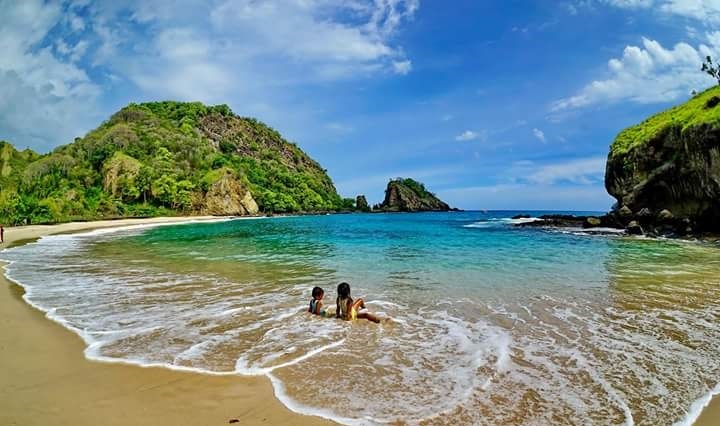THE MINISTRY of Tourism and Creative Economy said that nature is the biggest asset of Indonesian tourism and therefore must be preserved. If we look at the five super priority destinations (DSP) now, people come because our nature is second to none.
According to Deputy Minister of Tourism and Creative Economy, Angela Herliani Tanoesoedibjo said that therefore, the sustainability of nature must be maintained, one of which is by handling waste. “This must be a priority, so that the economic value of tourism, which has a huge multiplier effect, can be passed on from generation to generation.
Angela further added that she supports waste management in Indonesia’s tourism and creative economy sectors. Meanwhile, to answer the waste problem in Indonesia, it must be systematic, collaborative and directly target the root causes of different problems in each region.
“One of the collaborative efforts in tackling waste in the tourism sector is the emergence of the Catalyst Changemakers Ecosystem (CCE) event presented by Yayasan Anak Bangsa Bisa (YABB), part of the GoTo Group which aims to solve the waste problem in Bali, Lake Toba, and Labuan Bajo,” she said.
Angela explained, CCE began in November 2021 by developing the capabilities of 33 participants who bring change called changemakers, and sparking collaborations that connect around 200 organizations through the Catalyst Changemakers Lab (Lab).
“Three selected groups of changemakers were then awarded funding to implement innovative solutions through pilot projects in Semarang, Bandar Lampung and Makassar. Through CCE, startups and community organizations are invited to create innovations that can accelerate the implementation of circular economy and realize a waste-free Indonesia,” she affirmed.
This year, he continued, the second batch of CCE will focus on solving the waste problem through the implementation of circular economy. Waste remains one of the central issues in building climate resilience. According to data, waste contributes 6.94% of Indonesia’s greenhouse gas (GHG) emissions, and this is still happening from year to year.
Meanwhile, Monica Oudang, Chairperson of Yayasan Anak Bangsa Bisa (YABB) revealed that YABB learned a lot from various parties in solving complex problems, namely that long-term solutions come from cross-sector collaboration.
“Therefore, YABB launched the second wave of Catalyst Changemakers Ecosystem as a manifestation of our determination to continue to create greater impact,” Monica said.
CCE chose the circular economy approach because of its vital role in solving the waste problem and contributing to the reduction of carbon emissions. Through this approach, CCE connects upstream and downstream impact makers to create a more holistic solution. For the location of solution implementation, CCE chose tourism areas because of their important role in driving the country’s economy. [antaranews/photo special]
















